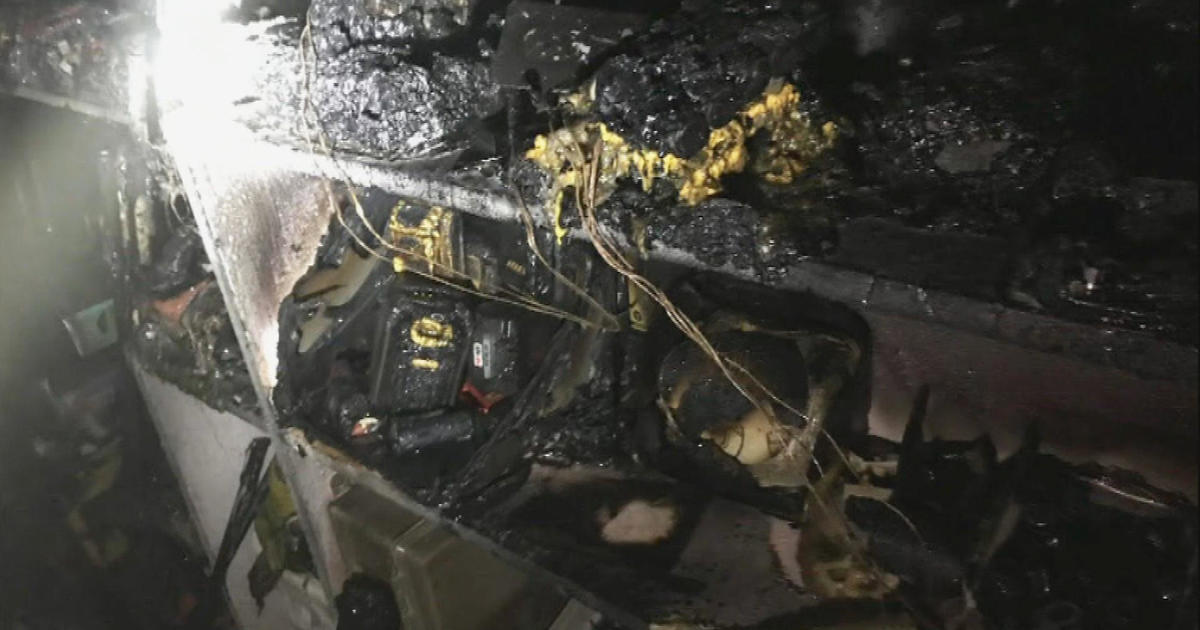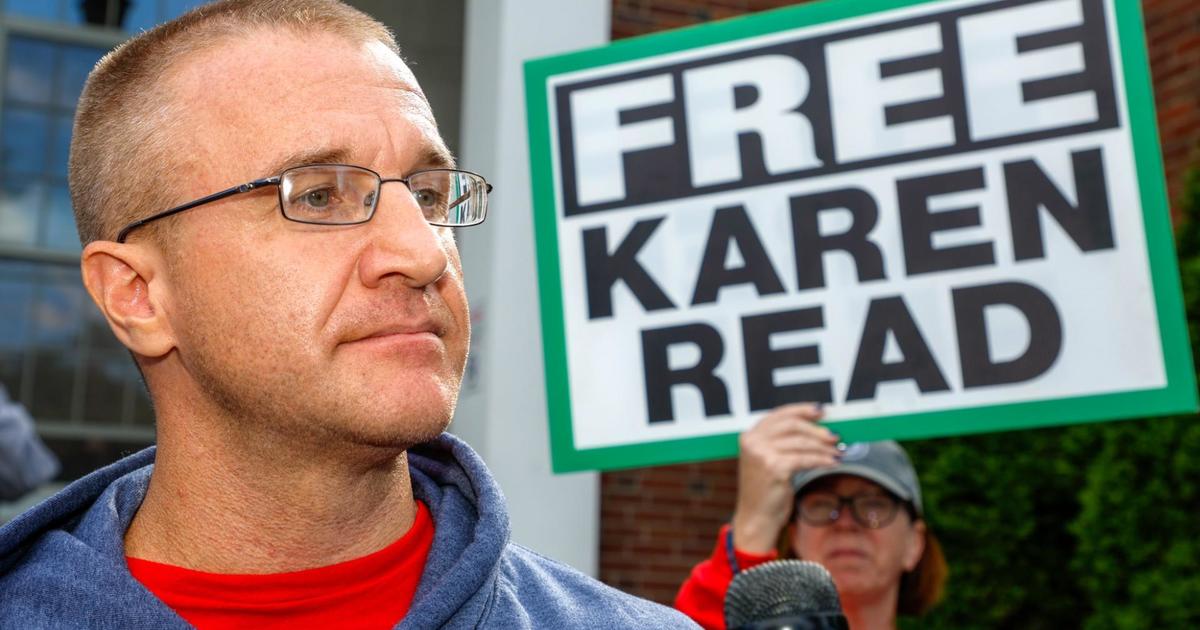Prosecutors Seek Prison Sentence For Rwandan Immigrant Linked To Genocide
CONCORD, N.H. (AP) — Beatrice Munyenyezi entered the United States in 1998 as a Rwandan refugee with three young daughters and told U.S. Customs officials she took no part in the 1994 Rwanda genocide and instead was a survivor whose relatives were among the 800,000 killed.
Now federal prosecutors want to put her behind bars for 10 years after she was convicted in February of masking her role as "gatekeeper" at one of the notorious roadblocks where Tutsis were singled out for slaughter.
"Legally and morally she is responsible for their deaths, just as surely as if she had wielded the machete that struck the fatal blows," Assistant U.S. Attorney Aloke Chakravarty wrote in the government's sentencing memorandum.
Lawyers for Munyenyezi intend to seek a sentence of less than a year, saying it will give her a chance in immigration court to avoid being deported to Rwanda, which they say would amount to a death sentence for the 43-year-old mother who moved to Manchester.
"The government is trying to punish her for crimes that were not proven beyond a reasonable doubt," defense attorney David Ruoff said. "They're trying to sentence her as a genocidaire."
Munyenyezi was convicted of two counts of making false statements to U.S. Customs officials: one when she applied for refugee status to enter the country and another when she applied for citizenship. She was sworn in as a citizen in July 2003 — in the same federal courthouse where she will be sentenced Wednesday.
In addition to disavowing any role in the genocide, Munyenyezi also swore that she was not affiliated with any political party in Rwanda.
Jury forewoman Lori Booth said after delivering the verdicts in February that the panel did not feel Munyenyezi was a villain but believed she did check identifications at a roadblock designed to ferret out Tutsis for slaughter and was a member or associate of an extremist Hutu political party in which her husband and mother were both leaders.
U.S. District Judge Steven McAuliffe stripped Munyenyezi of her citizenship after the verdicts were returned. Her lawyers say they will appeal her conviction to the 1st Circuit, which will likely stave off any deportation proceedings.
Munyenyezi has already spent 26 months behind bars. Even if she is sentenced to less than the time she's served, she would remain in custody on a detainer filed by U.S. Customs and Immigration Enforcement.
Munyenyezi's first trial in 2012 ended in a mistrial when jurors couldn't agree on a verdict. Federal prosecutors during the second trial changed their witnesses and strategy, focusing less on violent acts they say she committed and more on proving she lied when she denied affiliation in any political party.
She did not testify at either trial.
Prosecutors in their sentencing memorandum describe Munyenyezi as a "mass murderer," saying, "The gravity of what she lied about should be reflected in the seriousness of the punishment."
Ruoff said he will focus on Munyenyezi's attributes in arguing for a lighter sentence.
"She came here and immersed herself in our culture," Ruoff said. "She learned English. She put herself through school. She helped Rwandans in the local community, interpreting for them and helping them get housing. She's very altruistic and her girls are very smart and very successful.
Munyenyezi's husband and his mother were convicted by the International Criminal Tribunal on Rwanda and sentenced in June 2011 to life in prison for genocide, crimes against humanity and war crimes of violence. They were deemed to be high-ranking members of the Hutu militia that orchestrated savage attacks on members of the rival Tutsis. Her mother was a cabinet minister in the Hutu-dominated Rwandan government when the genocide began in early April 1994.
Copyright 2013 The Associated Press.



